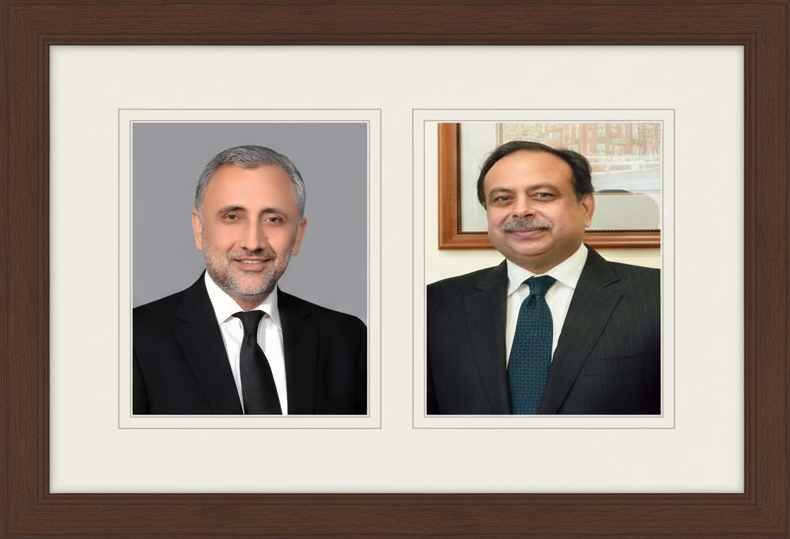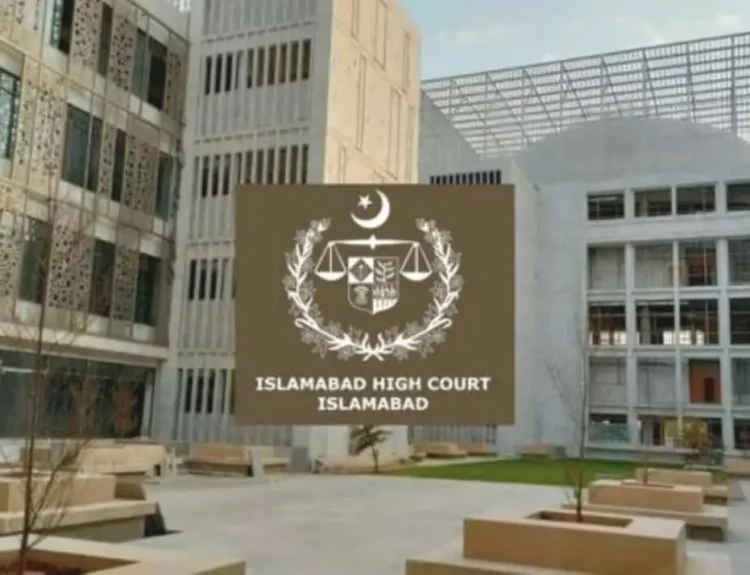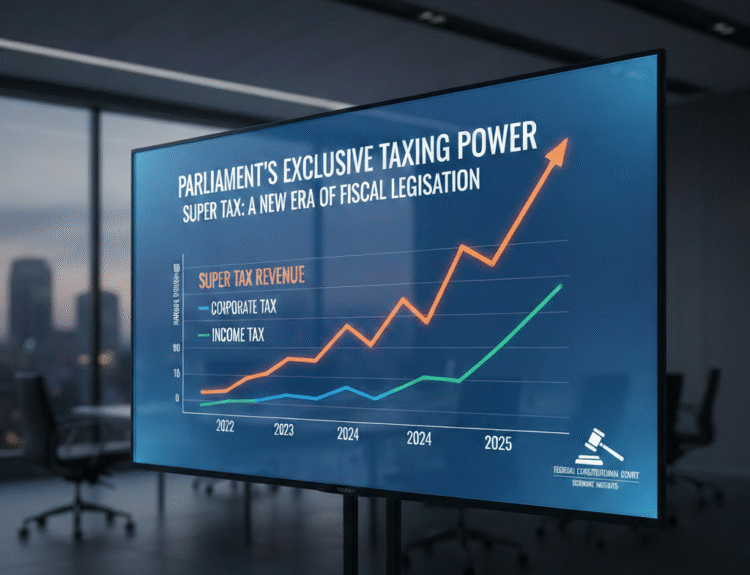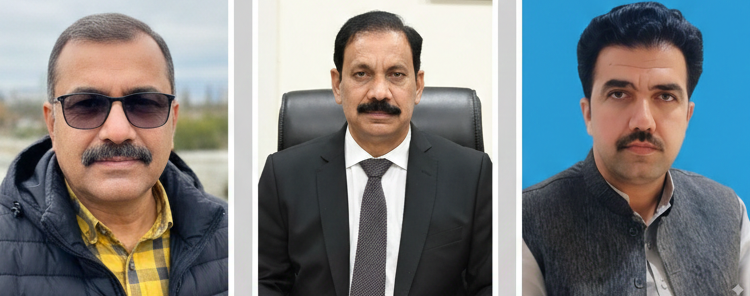ISLAMABAD – The Islamabad High Court (IHC) has appointed two prominent lawyers, Barrister Zafarullah Khan and former Attorney General for Pakistan Ashtar Ausaf Ali, as amici curiae to assist in the case of Justice Tariq Mehmood Jahangiri. The appointment came shortly after a two-member bench, led by Chief Justice Sardar Sarfaraz Dogar, barred Justice Jahangiri from performing judicial duties over allegations that he holds a fake law degree on Tuesday.
As amici curiae, or ‘friends of the court’, Barrister Khan and former AGP Ausaf will provide legal insights and expertise to the bench. Their role is to help the court navigate the complex issues of a case in which they are not directly involved. The court has also issued a notice to the Attorney General of Pakistan, seeking his assistance on the petition’s admissibility.
- mostbet casino
- pinup az
- 4rabet pakistan
- pin up
- 1vin
- mostbet casino
- 1win casino
- мостбет казино играть
- pinap
- mosbet casino
- мостбет казино
- pinup
- pin up kz
- mostbet
- pin up az
- pin up uz
- mostbet casino
- mostbet uz
- mosbet casino
- pinup
- 1win uz
- 1win slot
- pin up uzbekistan
- mosbet casino
- 1win
- mosbet
- aviator 1 win
- aviator
- pin up casino
- pin up casino
- 1 win india
- mostbet uz online
- mostbet
Justice Jahangiri Restrained from Judicial Duties
The IHC’s decision restrains Justice Jahangiri from all judicial duties until the Supreme Judicial Council (SJC) issues a final decision. The allegations stem from a series of letters from the University of Karachi, which claims Justice Jahangiri’s 1991 law degree was obtained through the fraudulent use of two different enrollment numbers. According to detailed reports, Justice Jahangiri acquired his LL.B degree from the University of Karachi via Government Islamia Law College in 1991. However, university records allege suspicious circumstances involving two different enrollment numbers: AIL 5968 and AIL 7124. The university claims that enrollment number AIL 5968 was originally assigned to another individual.
A private TV channel reported Justice Jahangiri plans to challenge the IHC’s verdict by filing an appeal in the Supreme Court once he receives the official written order in the matter.
Islamabad Bar Council Condemns IHC’s Decision
The Islamabad Bar Council has reacted strongly to the decision, with representatives condemning it as a “dark day” for the legal community. During a press conference, Bar Council member Aleem Abbasi criticized the move, stating that it was unprecedented for a high court to stop a fellow judge from performing his duties. “This day will always be remembered as a black day. A wrong tradition is being set,” Abbasi said. He added that the Bar Council would hold a general body meeting to announce a complete strike at the District Courts and the Islamabad High Court. He also announced that a rally would be held to protest the decision.
Justice Tariq Mehmood Jahangiri
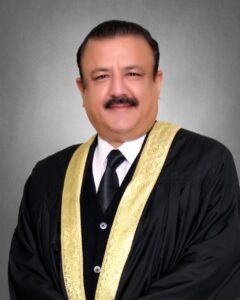
Justice Tariq Mehmood Jahangiri, born on July 10, 1965, is originally from District Mansehra, KPK. He began his early education in Peshawar before moving to Islamabad in 1979. He continued his studies at Islamabad Model College F-8/4, Gordon College Rawalpindi, and Federal Government Post Graduate College H-8, Islamabad. He obtained his law degree from the University of Karachi.
According to website of the Islamabad High Court about sitting justices – Justice Jahangiri started his legal career by serving his apprenticeship with the late Justice Sardar Muhammad Aslam in Rawalpindi. He was enrolled as an Advocate of the lower courts and became a member of the Islamabad Bar Association in 1992. He was enrolled as an Advocate of the High Court in 1994 and later, as an Advocate of the Supreme Court of Pakistan in 2008. In 1992, he established his own law firm, “Jahangiri Law Associates,” where numerous associates have completed their apprenticeships.
Throughout his career as a lawyer, Justice Jahangiri held several prominent positions. He was elected as President of the Islamabad High Court Bar Association in 2016-17, President of the Islamabad District Bar Association in 2005-06, and General Secretary of the Islamabad District Bar Association in 2002-03.
He also served in key government roles, including Advocate General, Islamabad Capital Territory, from 2018-19, Deputy Attorney General for Pakistan from 2011-13, and Deputy Prosecutor General in the National Accountability Bureau from 2009-10. For five years, he was a visiting faculty member at Quaid-e-Azam University, Islamabad, where he taught Criminal Law. His areas of expertise include criminal, civil, constitutional, labor, and service laws. He was elevated to the position of Judge of the Islamabad High Court on December 30, 2020.
